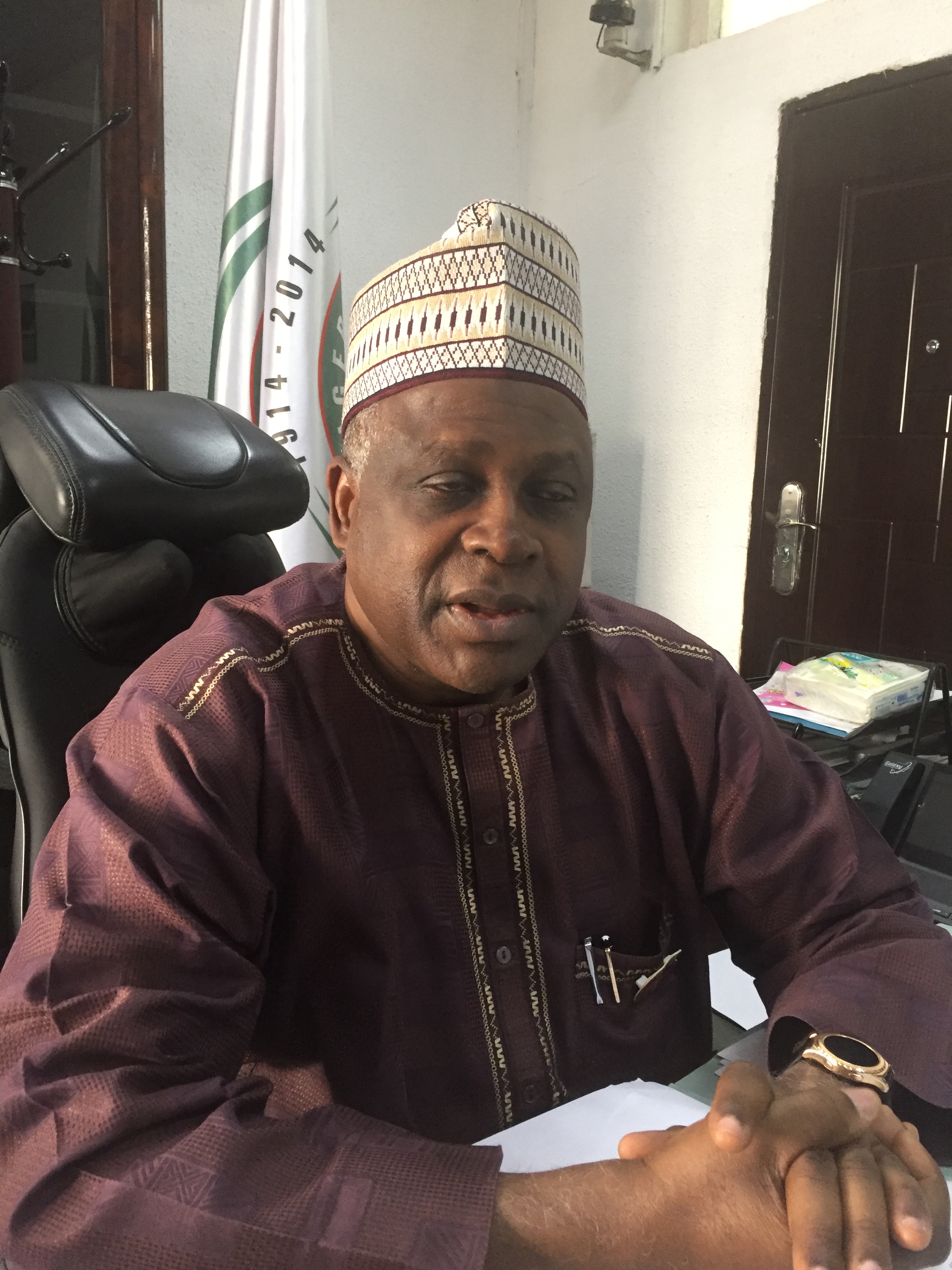
The Nigeria Civil Aviation Authority (NCAA) said it has generated N6.112.8 billion ($16.98 million) as Ticket Sales Charge (TSC) from international airlines and over N9.16 billion from local airlines, totaling N15.273 billion between the months of January to August this year.
This was disclosed to newsmen at the weekend in Lagos by the Director General of the Nigerian Civil Aviation Authority (NCAA), Captain Muhtar Usman who said there was tremendous improvement in the funds generated compared to the previous years.
Statistics released by NCAA disclosed that passenger traffic in the last eight months has hit 2.4 million with 27.1k flight count.
International passenger traffic from January-August show that 10 of the foreign airlines are airlifting most of the traffic with Ethiopian Airlines taking the lead with over 134.104, followed by Emirates with 107.217, British Airways, 86.249 and Turkish airlines,70.392 passengers.
Others are Air France, 70.144, KLM Royal Dutch, 63.990, Virgin Atlantic 63.448, Delta airline,39.196, Qatar, 38.706 and South African Airways, 36.868 passengers.
For Domestic passenger traffic, seven airlines are pulling their weight with Air Peace in the forefront with over 340.664, with Dana Air trailing with 330.370, AZMAN, 245.437 and Arik Air, 177.061 passengers.
Others are; Medview, 156.226, Aero, 138.146 and Overland, 78.166 passengers.
The Director General said it is expected that the total funds to be collected by the NCAA would more than double before the end of the year as there is indication of passenger traffic growth during the rest of the year.
He said air travel demand as projected by the International Air Transport Association (IATA) would continue to grow with more connectivity.
Usman said that IATA’s record that indicated that Africa is second in July passenger traffic with increase of 6.8 per cent could be surpassed with direct flight link connecting various parts of the continent.
“There has always been that projection that aviation in Africa is growing and the rate of growth is one of the highest in the world. We lack that internal connectivity within the Africa region and once those sectors are developed you would see much more increase in the passenger movements.
“For example, if you want to go to Niger as of today, you hardly have any direct link from Nigeria even though airlines have been designated, one of the ways of going there, is to go to Lome and then go to Niamey. But this is a route that will take you about one hour from Abuja. Presently you will spend a whole day and, of course, incur a lot of cost because you have to go to Lome with Asky airline, which, maybe, will take you either direct to Niamey or when they are coming back they go through Burkina Faso and so on.

“But once we start having this connectivity directly, the cost would also be expected to reduce and then more people would be able to afford to fly, so it is expected that the increase would continue”, Usman said.
He also noted that there has been boost in travel activities since the country came out of recession and these are expected to increase in the coming days and months.
“Yes certainly, travel activities are going up. Don’t forget that we came out of recession, during the recession so many things happened. Now the economy is out of recession a lot of activities; that is, commercial activities and so on are on the rise, so people are being more empowered in terms of this movement. We should expect even more,” he said.






